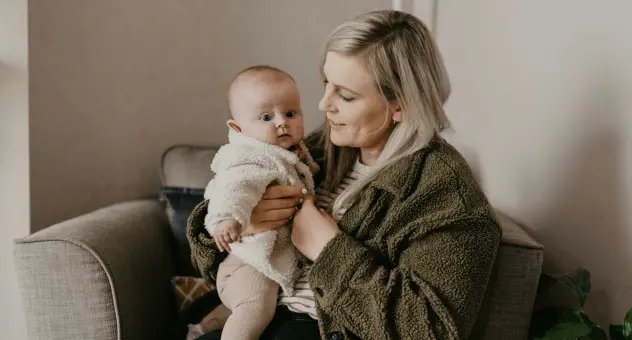What is Adoption?
Adoption is the legal process of creating a permanent parent-child relationship. These documents transfer parental rights and responsibilities from birth parents to adoptive parents. Select your state to view accurate, attorney-prepared adoption forms that fit your circumstances.










